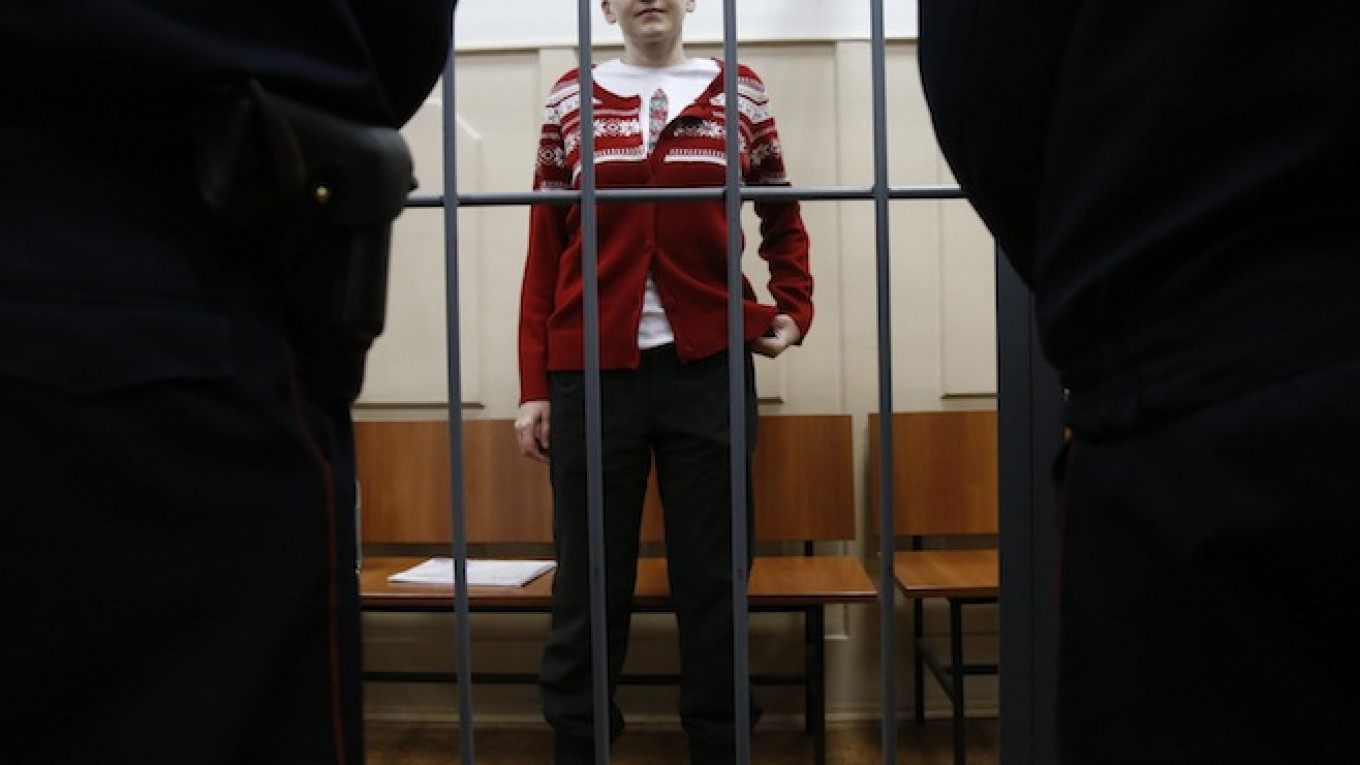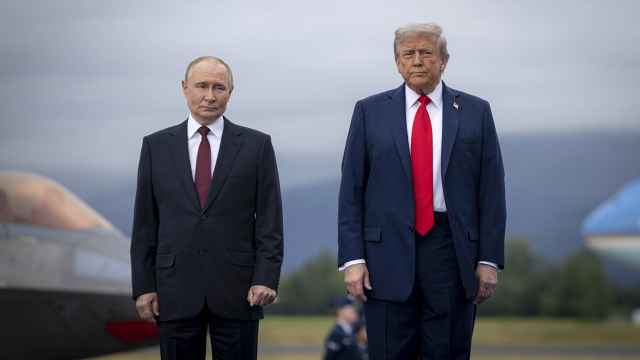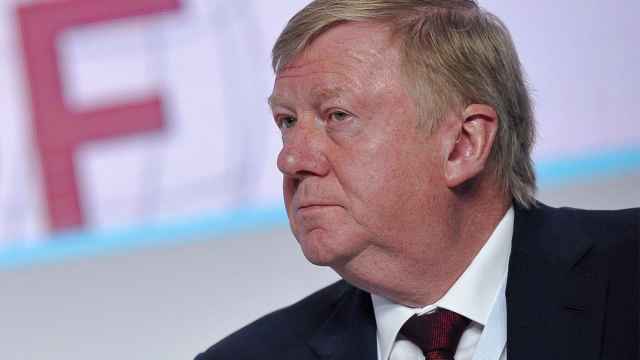The mother of captured Ukrainian pilot Nadia Savchenko sought German support on Monday in her campaign to pressure Russian President Vladimir Putin into ordering the release of her daughter who has become a national hero in Ukraine.
Pro-Russian separatists battling Kiev's forces captured Savchenko, 33, last June and handed her over to Moscow, where she is being held on charges of aiding the killing of two Russian journalists in eastern Ukraine.
Savchenko, who staged a hunger strike for more than two months, has become a symbol of resistance to Russian aggression in Ukraine. She denies the Russian accusation, but could be jailed for 20 years if found guilty.
Her mother Maria Savchenko held talks in Berlin with senior officials of the German Foreign Ministry and lawmakers from the Bundestag lower house of parliament's Foreign Affairs Committee, an official from the Ukrainian Embassy in Berlin said.
A German foreign ministry spokesman said there were no new developments in the case, but he welcomed Russia's decision to grant Ukrainian doctors access to the military pilot.
"Her health condition has deteriorated again," the Ukrainian embassy official said, speaking on condition of anonymity, adding that Savchenko had begun a new hunger strike.
"Time is running out," the diplomat added. Savchenko's lawyer has warned that she may die in Russian detention.
The United Nations, the United States and Britain called for her release during a UN Security Council meeting on March 6 but Russia defended her detention as legal.
In January, Ukrainian President Petro Poroshenko sent a letter to Putin demanding Savchenko's release after reports that she had lost 17 kilograms since going on a water and glucose diet in December.
A Message from The Moscow Times:
Dear readers,
We are facing unprecedented challenges. Russia's Prosecutor General's Office has designated The Moscow Times as an "undesirable" organization, criminalizing our work and putting our staff at risk of prosecution. This follows our earlier unjust labeling as a "foreign agent."
These actions are direct attempts to silence independent journalism in Russia. The authorities claim our work "discredits the decisions of the Russian leadership." We see things differently: we strive to provide accurate, unbiased reporting on Russia.
We, the journalists of The Moscow Times, refuse to be silenced. But to continue our work, we need your help.
Your support, no matter how small, makes a world of difference. If you can, please support us monthly starting from just $2. It's quick to set up, and every contribution makes a significant impact.
By supporting The Moscow Times, you're defending open, independent journalism in the face of repression. Thank you for standing with us.
Remind me later.






